Growing up poor meant you likely had to develop unique habits and perspectives that might baffle those from wealthier backgrounds. These experiences go on to shape a distinctive outlook on life. Let’s discuss the subtle and not-so-subtle signs that hint at a modest upbringing.
Reusing Disposable Items
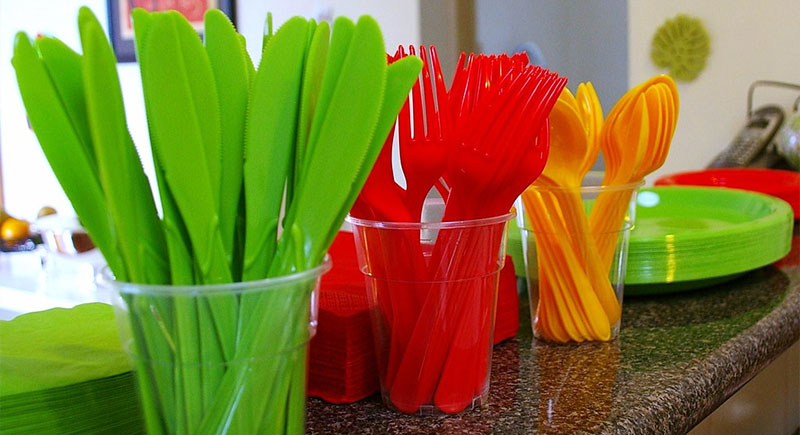
Throwing things away after one use never made sense because every item had the potential for a second life. Plastic utensils, tin foil, and takeout containers were washed and stored for later. Paper towels were rationed or replaced with old T-shirts cut into rags. If something could be used again, it was kept and repurposed without question.
Saving Condiment Packets
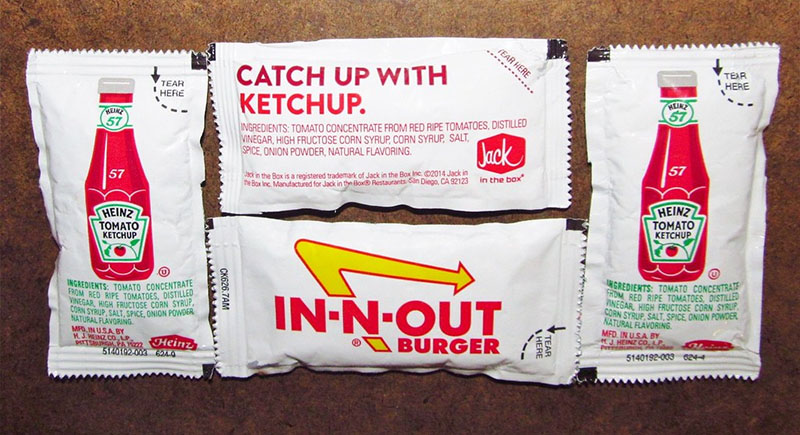
Hoarding tiny ketchup, soy sauce, and salt packets wasn’t a weird habit. It was a necessary way to stretch grocery budgets. Those little packets turned a plain meal into something flavorful without spending extra money. A kitchen drawer filled with mismatched condiments meant there was always a way to add some flavor without needing to buy a full bottle.
Washing and Reusing Plastic Bags
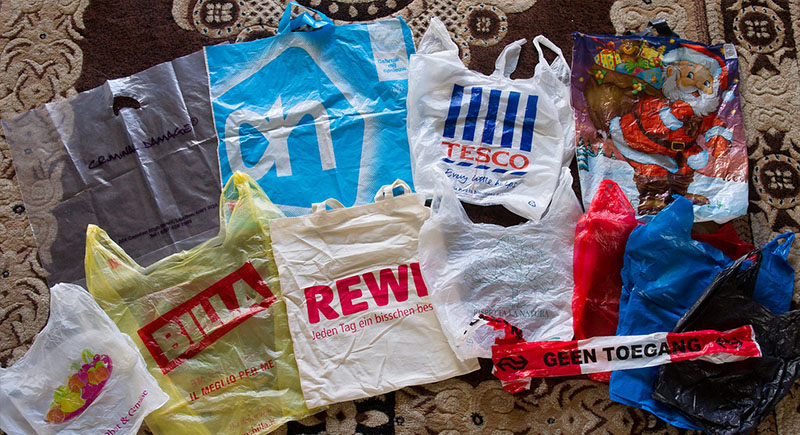
Grocery store plastic bags were used to carry groceries before doubling as trash liners, lunch sacks, and storage bags. After each use, they were folded and stuffed inside another bag under the sink for the next time they were needed. Ziploc bags weren’t disposable either because they were washed, dried, and reused until they started falling apart.
Eating “Poor Man’s” Meals
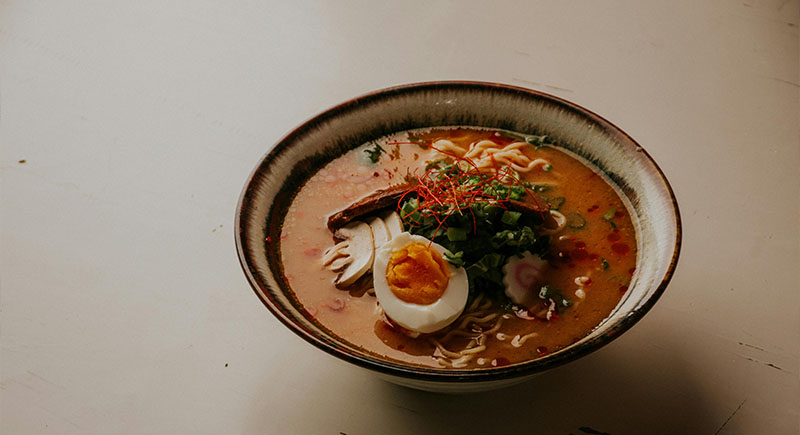
Dinner wasn’t about following a fancy recipe because meals were built around whatever was cheap and filling. Rice and beans, ramen with a cracked egg, or buttered toast were staples that kept everyone full. If there wasn’t enough meat for everyone, it was stretched with pasta or potatoes to make sure nobody went to bed hungry.
Hesitancy to Spend on Oneself

Spending money on non-essentials felt unnecessary because, growing up, every dollar had to be stretched as far as possible. Even as an adult, buying something fun without a deep discount or practical use feels uncomfortable. Expensive items get picked up and put back down because the habit of questioning every purchase never goes away completely.
Making Do with Broken Items
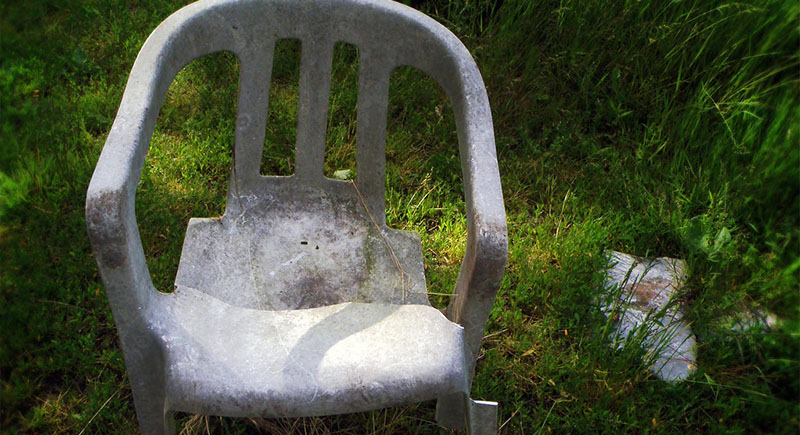
Throwing something away the moment it stopped working wasn’t an option because fixing it was the first step. Duct tape, super glue, and makeshift repairs kept everything functional long after it should have been replaced. A TV with no remote still worked fine, and a chair with a missing leg could still be used if propped against a wall.
Wearing Hand-Me-Down Clothes
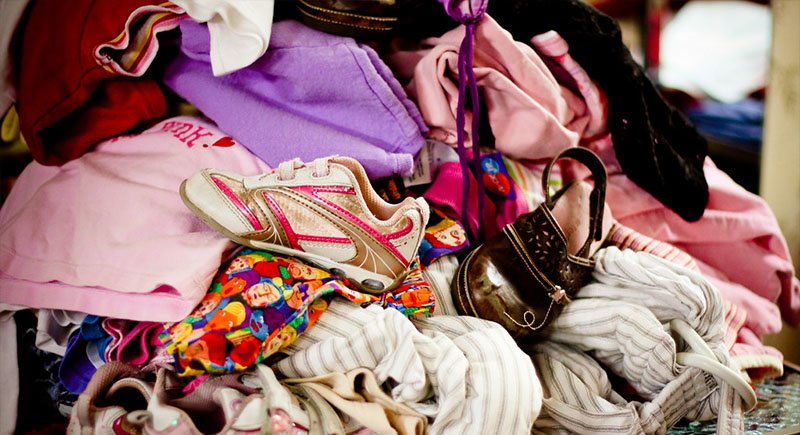
New clothes were a rare luxury because everything worn was either a hand-me-down or a thrift store find. Siblings, cousins, and even family friends kept a steady supply of worn but usable clothes in rotation. Wearing something oversized was normal because growing into it was better than growing out of it too quickly.
Avoiding Waste at All Costs
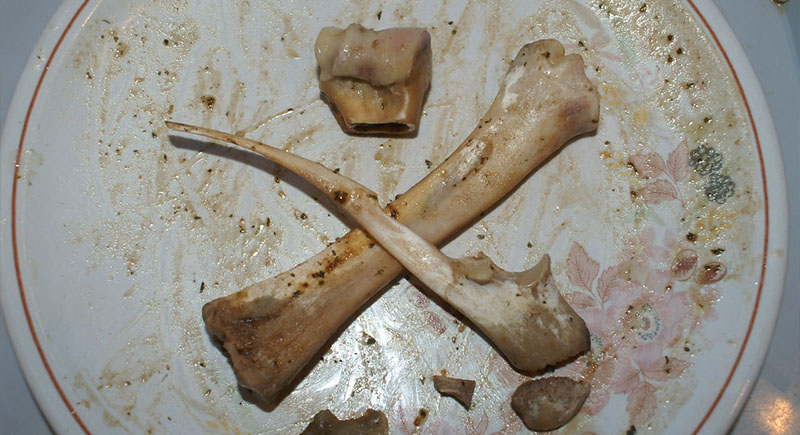
Leaving food on the plate wasn’t an option because every bite mattered, and leftovers were a meal for another day. Expired didn’t mean bad because if it smelled fine and looked fine, it was probably still good to eat. Anything that could be reused, repurposed, or repaired was kept because replacing it wasn’t always possible.
Feeling Anxious About Financial Security
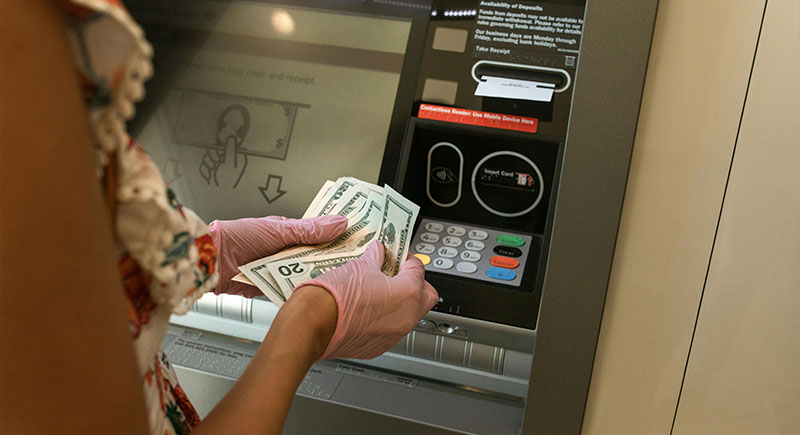
Even with a steady income, there was a lingering fear that everything could disappear overnight. Unexpected expenses used to bring an immediate wave of stress because money problems were never small problems. The habit of constantly checking bank balances or hesitating before making a purchase sticks around because running out of money is never simply an inconvenience.
Using Household Items for Multiple Purposes
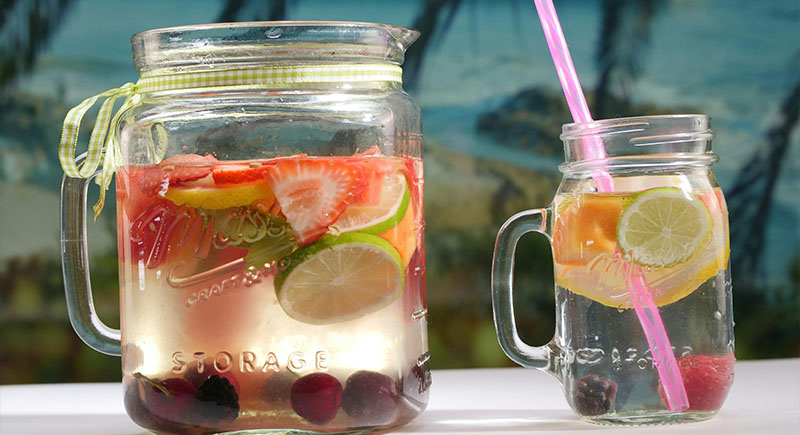
Everything in the house had more than one use because buying specialty items wasn’t an option. Butter containers became leftover storage, old newspapers worked as cleaning rags, and empty pickle jars turned into drinking glasses. Fancy solutions weren’t necessary because creativity and resourcefulness made sure every item served more than one purpose before being thrown away.
Appreciating Small Luxuries
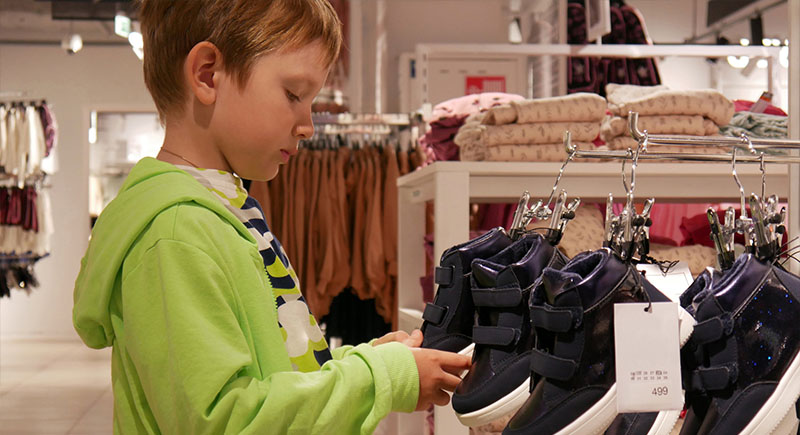
Getting something new from anyone felt special because luxuries didn’t come around often. Ordering fast food, buying name-brand cereal, or having a new pair of shoes felt like a big deal. Simple things like eating out or buying something extra still feel exciting even now because they never used to be given.
Having a Strong Work Ethic from a Young Age
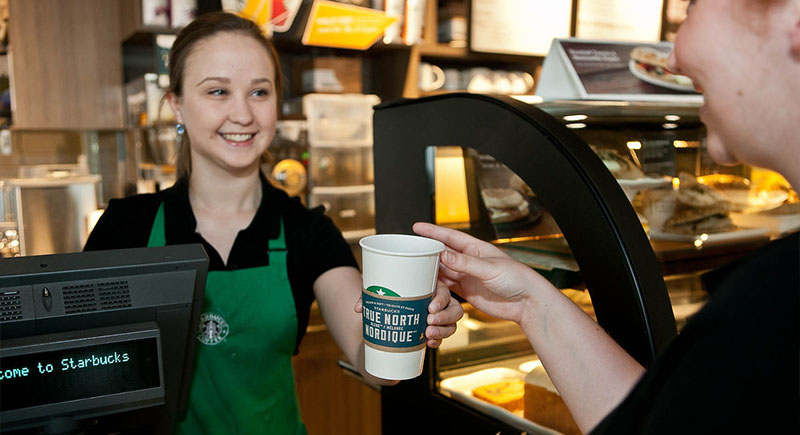
Getting a job as soon as possible wasn’t simply encouraged because it was expected. Earning money early meant helping with bills, buying school supplies, or having enough for personal expenses. Work wasn’t an optional part of growing up because if you wanted something, you had to figure out a way to pay for it yourself.
Living in Multi-Generational Households
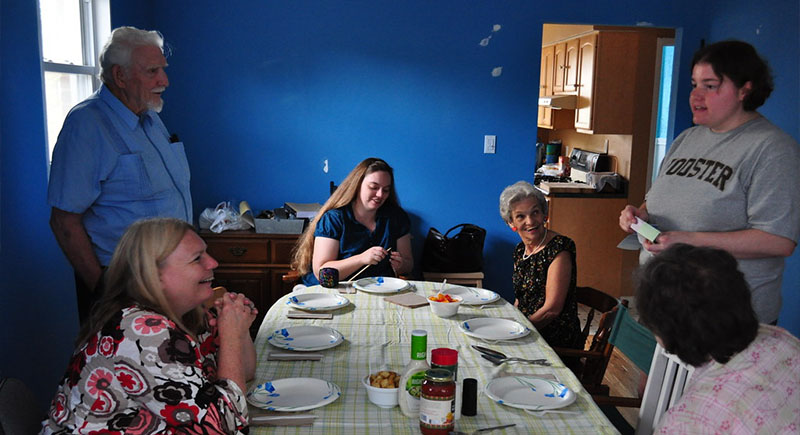
Sharing space with grandparents, aunts, uncles, or cousins was normal because pooling resources meant survival. Privacy was a luxury and personal space was limited, but having family close by was part of everyday life. Moving out early wasn’t always an option because rent was expensive, and staying home longer made more financial sense.
Facing Challenges Accessing Healthcare

Doctor visits were avoided unless necessary because medical bills were expensive, and health insurance wasn’t an option every time. Home remedies, over-the-counter medicine, and waiting things out were the first lines of defense against sickness. Medical costs bring stress even today because growing up, getting sick meant worrying about how much the treatment would cost.